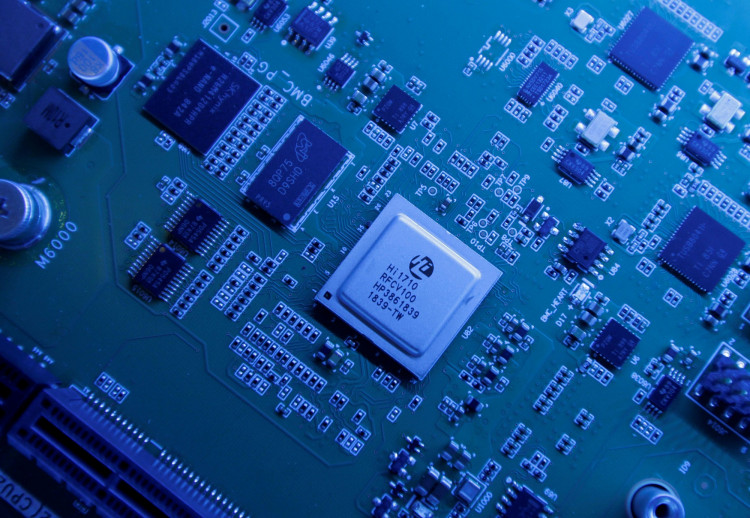China is accelerating the listing of the country's largest semiconductor manufacturing company on Shanghai's tech innovation board. The listing of Semiconductor Manufacturing International Corporation (SMIC) on the domestic NASDAQ-styled Star Market has reportedly been placed on the fast track as part of the country's continued efforts to diminish its reliance on foreign-built components.
On Friday, the Shanghai Stock Exchange had approved a new fast-track plan for SMIC's estimated 20 billion yuan or $2.82 billion listing on the Star Market. By giving the company access to additional capital, China is hoping to accelerate its development of advanced semiconductors amid its prolonged tech war with the United States.
The approval of the plan comes just 18 days after SMIC had submitted its proposal. If the company manages to get into the Star Market within the next days, it will mark the fastest approval process ever conducted by the Shanghai exchange since it was established.
Market experts had noted that the listing of SMIC on the Star Market will be greatly beneficial to the exchange and other companies that are already listed. With the listing of another domestic tech giant, the Star Market will now play an even larger role in China's continued technological development and its goals of being technologically independent.
Since the establishment of the Star Market in July of last year, hundreds of tech startups had been given the opportunity to access new capital to be used in fueling their growth. The establishment of the NASDAQ-style tech innovation board was part of Chinese President Xi Jinping's mandate for agencies to come up with solutions to support home-grown tech companies and drive further development.
China's latest move to accelerate SMIC's listing comes as the US ramps up its efforts to block Chinese companies from doing business in the country. The trade and political battle between the world's two largest economies had spilled over into a tech war driven by allegations of risks to national security and intellectual property.
With the US' restrictions, Chinese companies were deprived of access to vital tech components and technologies from US-based firms. China is hoping to negate that disadvantage by pushing for further domestic tech developments. Apart from offering access to capital markets, China has also implemented several measures to support local tech startups. This includes the offering of significant tax breaks and additional funding for home-grown innovators.
Last year, SMIC had pulled out its American depositary receipts (ADRs) from the US. Since then, the company has received funding from the Chinese government, including a $2.25 billion investment from state-owned investors last month.





